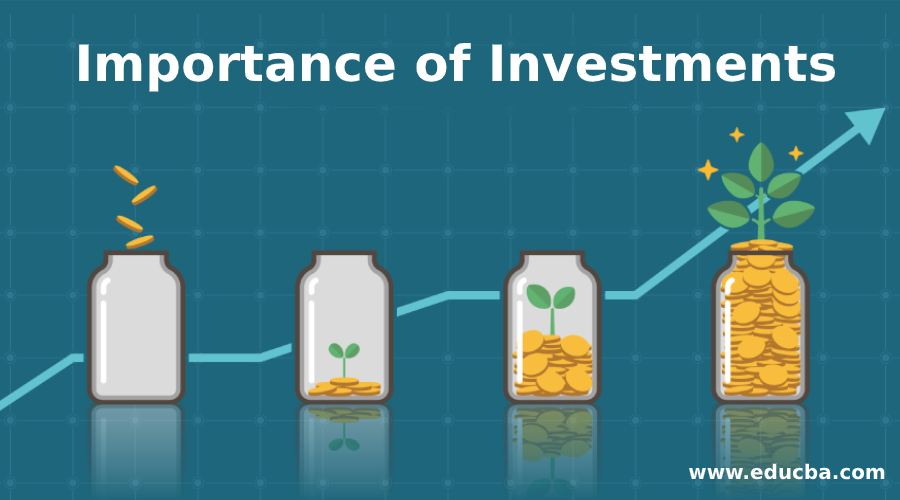
1. The Need to Invest
Read Time:2 Minute, 8 Second
The need to invest stems from several fundamental reasons that contribute to long-term financial well-being and security:
1. Wealth Creation and Growth
- Potential for Higher Returns: Investments, particularly in assets like stocks and mutual funds, have the potential to generate returns that outpace traditional savings accounts. This growth allows your money to work for you, increasing your overall wealth over time.
- Power of Compounding: Investing early allows you to harness the power of compounding. This means that the earnings from your investments also start earning returns, creating a snowball effect that can significantly increase your wealth over the long term.
2. Beating Inflation
- Preserving Purchasing Power: Inflation erodes the value of money over time. The same amount of money will buy fewer goods and services in the future. Investing in assets that grow faster than the inflation rate helps preserve your purchasing power and ensures your money doesn’t lose its real value.
3. Achieving Financial Goals
- Funding Future Needs: Whether it’s buying a home, funding your children’s education, planning for retirement, or achieving other significant life goals, investing provides a way to accumulate the necessary funds. By investing strategically, you can reach these milestones sooner.
4. Financial Security and Independence
- Building a Financial Safety Net: Investments can act as a financial cushion during unexpected events like job loss or medical emergencies, providing a sense of security.
- Retirement Planning: Investing is crucial for building a substantial retirement corpus, ensuring financial independence and a comfortable life after your working years.
- Passive Income: Certain investments, like dividend-paying stocks or bonds, can provide a regular stream of income, supplementing your primary earnings or providing income during retirement.
5. Taking Advantage of Opportunities
- Participating in Economic Growth: Investing in the stock market allows you to participate in the growth and success of businesses and the overall economy.
- Diversification: Investing in a variety of asset classes can help reduce risk and potentially enhance returns by spreading your money across different sectors and investment types.
6. Tax Efficiency
- Tax Benefits: Certain investment options, like retirement accounts (e.g., PPF, NPS in India) and tax-saving mutual funds (ELSS), offer tax benefits, helping you reduce your taxable income and potentially increase your overall returns.
In essence, investing is not just about saving money; it’s about making your money work harder to achieve your financial aspirations, maintain your living standards in the face of inflation, and secure your financial future. Starting early, even with small amounts, can make a significant difference over the long run due to the power of compounding.







Average Rating